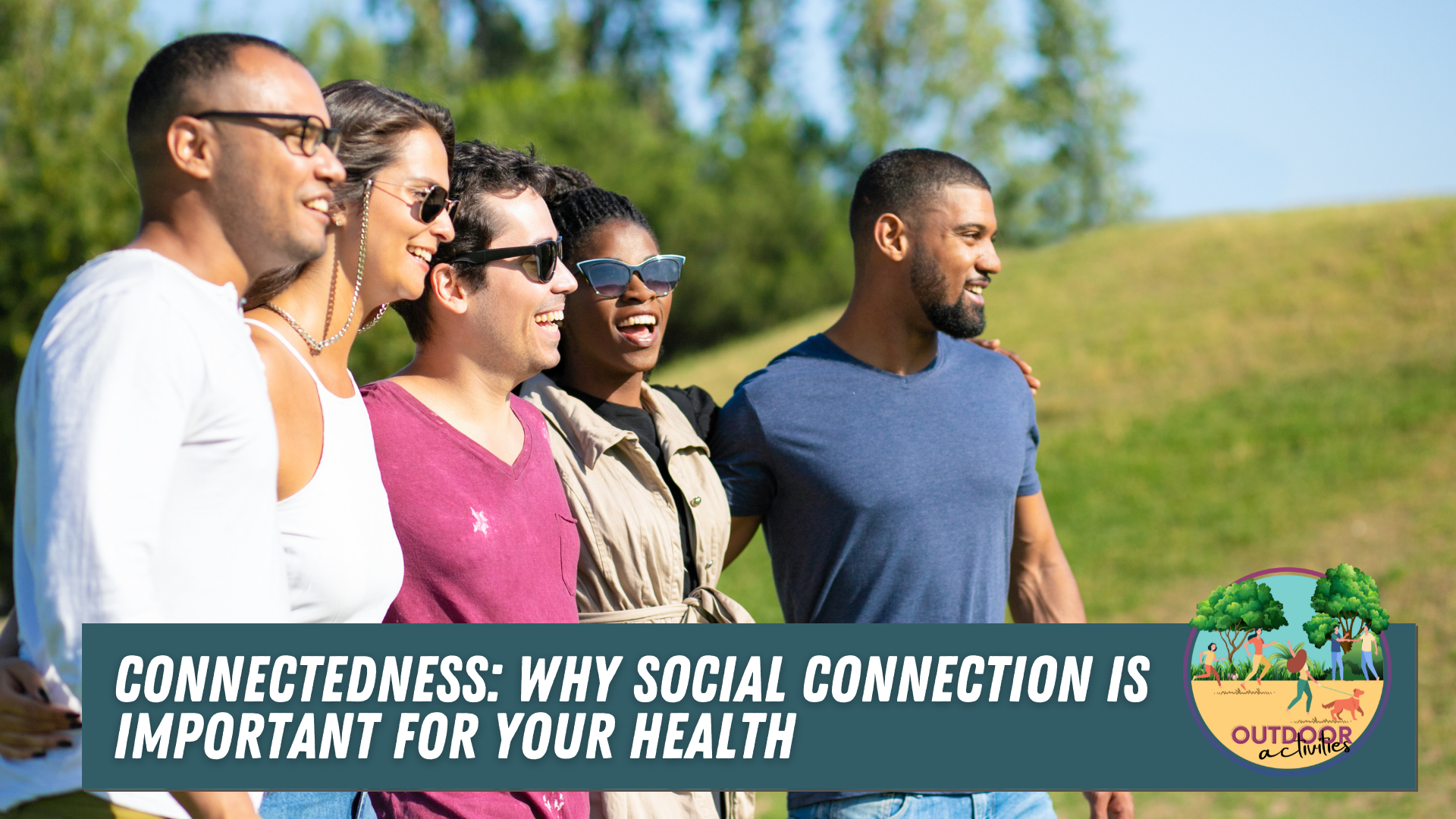Social connection or connectedness is one of the vital pillars of the Outdoor Activities Project. We want to see how we can utilise outdoor activities to increase social connection and inclusion among youngsters across Europe.
To be able to do that, we need to define what connectedness is, and also explain the science on why it is so important for your health. Social connectedness is subjective experience of feeling close and a sense of belongingness with others.
According to Dr. Emma Seppälä, from the Center for Compassion and Altruism Research and Education:
People who feel more connected to others have lower levels of anxiety and depression. Moreover, studies show they also have higher self-esteem, greater empathy for others, are more trusting and cooperative and, as a consequence, others are more open to trusting and cooperating with them. In other words, social connectedness generates a positive feedback loop of social, emotional and physical well-being.
Emma Seppälä, Ph.D
Among one of the strongest benefits, may just be a 50% increased chance of longevity and immune system strengthening.
On the other hand, we can see many downsides to a lack of connectedness. Some of these include:
👉it can be worse for health than smoking, high blood pressure or obesity and cause higher inflammation on a cellular level
👉can increase anti-social behaviour
👉can cause higher susceptibility to anxiety and depression
This is why, it is very important to incorporate activities that will increase social connectedness, especially among the young population. Outdoor activities such as sports, outdoor workshops or other classroom adaptations can help in this process. Read more about possible outdoor activities here.
